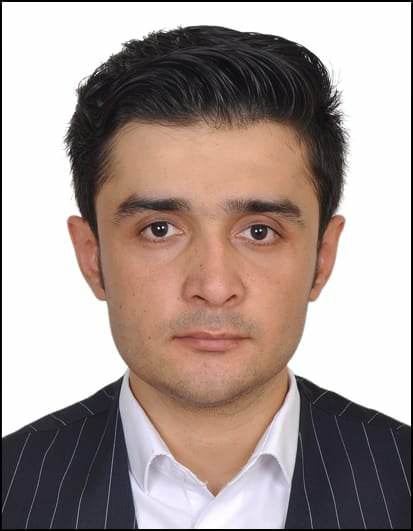
Abu Khurasani was born on July 27, 1995 in Afghanistan. In 2016, he graduated from Minhaj Siraj High School in Sar-e-Pul. In 2019, he received a bachelor’s degree in journalism from Herat University. For the past five years, Khurasani has worked with newspapers such as Sobh Kabul, Neshaneh News Agency, Rasad News Agency, Hasht Subh Newspaper and Daily Etilaatroz.
He also teaches at the Faculty of Journalism at Rena University. He has written extensively on extremism, terrorism, history and sociology, publishing more than 500 reports and articles. His book Afghanistan’s National Security Pathology with Emphasis on Internal Factors was scheduled to be published in September 2021, but the fall of Afghanistan’s government stopped it.
Topic: Online Radicalism
In recent years, religious-Islamic radicalism has quickly adapted to new tools and technologies, including social media. They’ve used online spaces to spread extremist ideologies, mobilize social support, legitimize actions, recruit individuals, and execute psychological operations. Features like the fast spread of content, anonymity, the erasure of time and space boundaries, transnational reach, and low costs have made online platforms an important avenue for radical groups, encouraging them to invest heavily in these spaces. If we can understand and analyze these groups and their strategies, we can identify and counter religious-Islamic radicalism around the world.
So, Khorasani’s research on online radicalism looks at online Mullahs, online religious madrassas, the online activities of terrorist groups like the ISPK, and radical ideas on social media platforms. These things can be put into groups and thought about in general terms as “online radicalism.” Khorasani’s main research looks at how the ISPK in Afghanistan uses the media, and his other studies look at different ways online radicalism is talked about. All these studies are based on qualitative methods, using techniques like in-depth interviews and content analysis.
Another important thing about these studies is that they look at radical ideas in Afghanistan and at a global level, especially in Europe. This is because these radical ideas have, firstly, taken on a transnational nature and have cross-border impacts, and secondly, some of these ideas, such as online religious schools that provide educational services to migrant children in Europe and the United States, have direct connections with these countries. Also, online religious leaders are active on social media. They have millions of followers worldwide who could spread radical Islamic religious ideas all over the world.